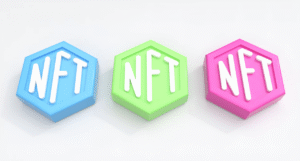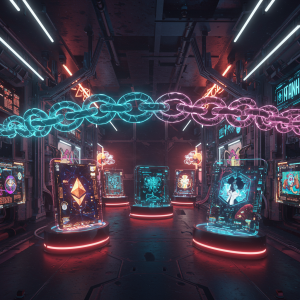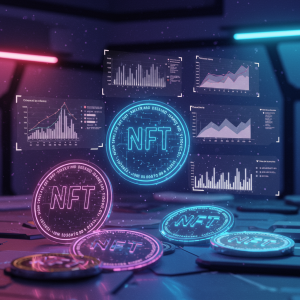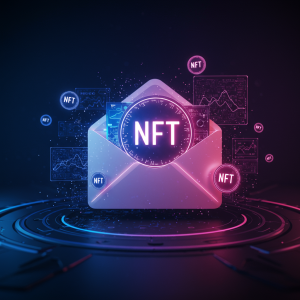NFT Gaming: Where Blockchain Meets Interactive Entertainment
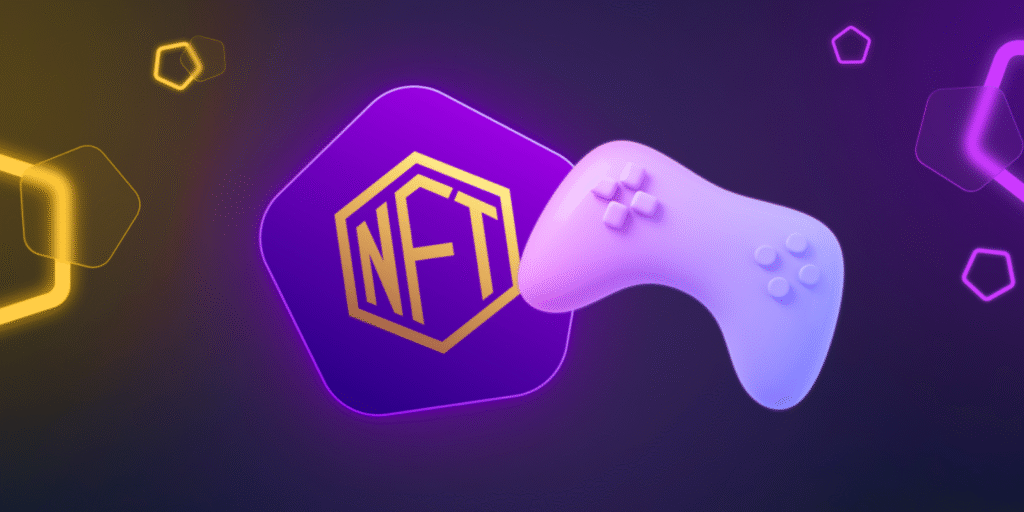
Gaming has always been at the cutting edge of technology adoption, and NFT gaming represents the latest frontier where blockchain technology and interactive entertainment converge. This emerging sector is transforming how players interact with virtual economies and digital ownership.
The Fundamentals of NFT Gaming
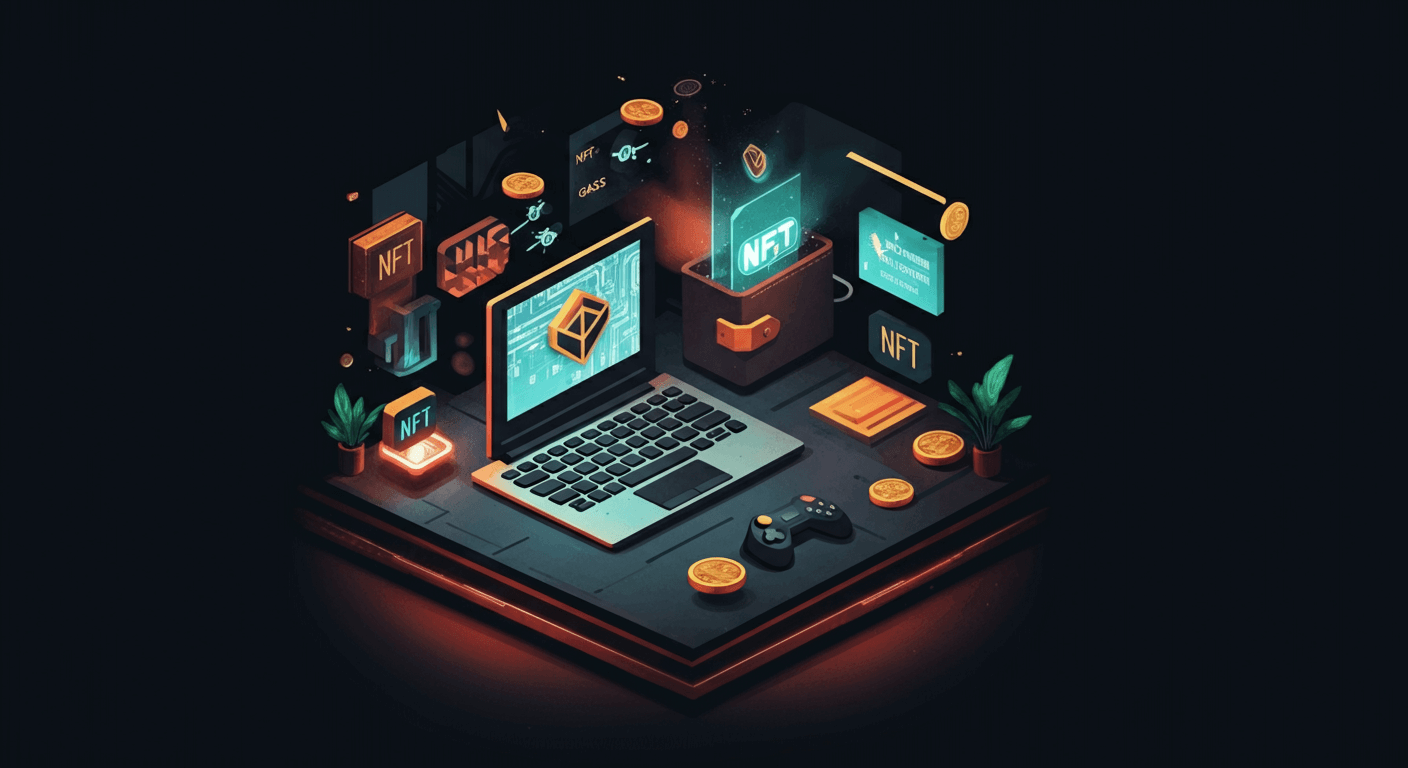
NFT gaming integrates non-fungible tokens into gameplay mechanics, allowing players to truly own their in-game assets. Unlike traditional games where items exist solely within closed ecosystems controlled by developers, NFT games enable verifiable ownership of digital assets that can be traded, sold, or transferred across platforms.
These games operate on blockchain technology—primarily Ethereum, though alternatives like Solana, Polygon, and Binance Smart Chain have gained traction due to lower transaction costs. The underlying infrastructure provides transparency and immutability to all transactions, creating trust in digital ownership claims.
Play-to-Earn: A New Gaming Paradigm
The play-to-earn model represents perhaps the most revolutionary aspect of NFT gaming. Players can generate real economic value through gameplay, earning cryptocurrency or valuable NFTs that can be converted to fiat currency. This model has created new livelihood opportunities, particularly evident during the Axie Infinity boom in the Philippines during 2021, where thousands earned living wages playing the game.
This wealth generation happens through various gameplay mechanisms—breeding creatures, winning battles, completing quests, cultivating virtual land, or trading scarce resources. The economic design of these games often creates intricate virtual economies with multiple stakeholders, including players, investors, and developers.
Notable NFT Gaming Projects
Several projects have pioneered the NFT gaming space. Axie Infinity became the poster child with its Pokémon-inspired gameplay where players collect, breed, and battle fantasy creatures called Axies. Each Axie exists as an NFT with unique genetic attributes that influence battle capabilities and breeding value.
The Sandbox and Decentraland have approached NFT gaming through virtual real estate, allowing players to purchase land parcels represented as NFTs. On these digital properties, owners can build experiences, host events, or create monetizable content.
Gods Unchained took a different approach by applying NFT technology to the digital card game genre. Players truly own their cards and can trade them on secondary markets, bringing the collectible aspect of physical trading card games into the digital realm.
Challenges and Controversies
Despite the innovation, NFT gaming faces significant challenges. Environmental concerns about energy consumption persist, though many projects have migrated to more efficient consensus mechanisms. Economic sustainability remains questionable as many play-to-earn economies have collapsed when new player growth slowed.
The quality gap between traditional and NFT games remains substantial. Many blockchain games prioritize tokenomics over engaging gameplay, creating experiences that feel more like financial products than entertainment.
Regulatory uncertainty also looms large. Many NFT gaming mechanisms closely resemble gambling or securities, attracting scrutiny from regulators worldwide who are still developing frameworks for these novel economic systems.
The Future Landscape
As technology matures and more traditional gaming studios explore blockchain integration, we’ll likely see higher-quality experiences emerge. Major publishers like Ubisoft, Square Enix, and Konami have already signaled interest in blockchain gaming, though with mixed reception from traditional gaming audiences.
The most promising future may lie in hybrid models that incorporate NFT ownership without making tokenomics the central focus. Games that offer compelling experiences first, with ownership benefits as an enhancement rather than the core proposition, may bridge the gap between crypto enthusiasts and mainstream gamers.
NFT gaming represents not just a technological shift but a fundamental rethinking of the relationship between players, developers, and digital goods. Whether it becomes a dominant paradigm or remains a niche interest will depend on how developers balance economic opportunity with genuine entertainment value. if you have any other question comment it bellow.


